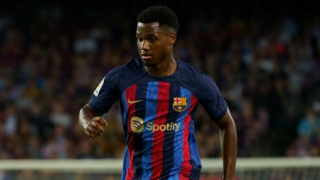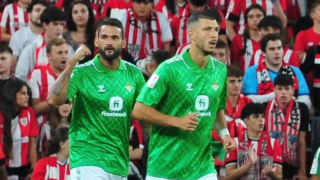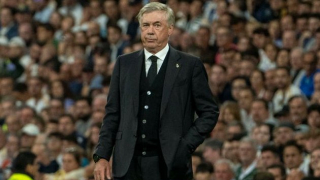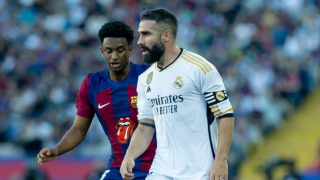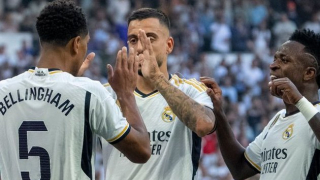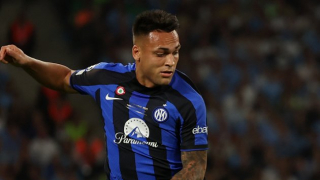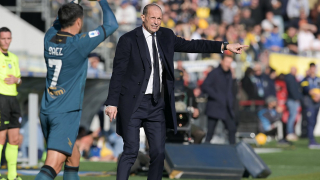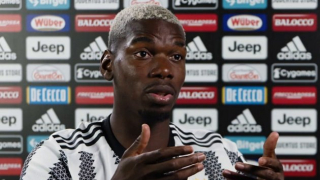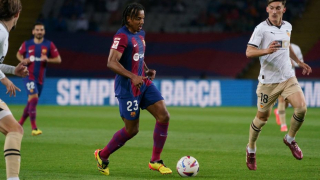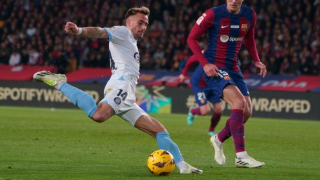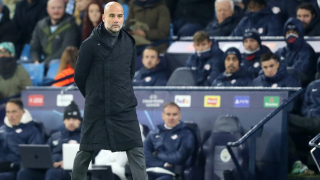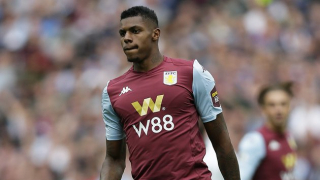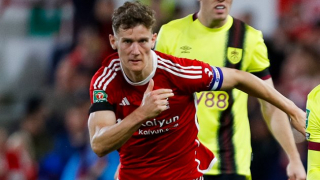One by one, the 2018 World Cup favourites tumbled out of the tournament early. Holders Germany were gone before the knockout stages, while 2010 winners Spain and traditional contenders Brazil followed them in the last 16 and last eight respectively. But France, despite a young team and underwhelming tactics, stayed strong.
Didier Deschamps led his team beyond a group containing Australia, Denmark and Peru without ever really getting going. His French side lacked attacking cohesion and creativity, scoring just three times on their way to seven points and top spot. Then came the second round and a mouth-watering clash with Lionel Messi's Argentina, a goal-fest that France won 4-3.
The quarter-final against Uruguay was perhaps the first true test of this French team. They didn't appear fazed against one of the meanest back lines in the competition, comfortably winning 2-0 and showcasing an improved possession game. This was followed up by a 1-0 semi-final win over Belgium in which they sat back, took away space and counter-attacked at speed. It was simple but effective, and it put them in the World Cup final.
France will be the favourites for this weekend's final with Croatia, though they will have to execute a good game plan in order to win. Here we analyse how they should approach the match.
1) KEEP IT COMPACT
In their semi-final victory over Belgium, France were able to keep a clean sheet thanks to an organised low block that took away space for the opposition to exploit in and around the final third. They sat deep within their lopsided 4-3-3 defensive shape and invited their opposition to try and play through them. The ploy worked: their opposition failed to break the lines, consistently going wide where they were often closed down, blocked, or forced into hopeful crosses.
However, more intelligent and less risk-averse opponents would have taken advantage of the space that occasionally opened up as a result of a curious individual manoeuvre within the French midfield. Paul Pogba, the right-sided central midfielder, regularly dropped so deep that he became part of the back line, leaving a chasm further up when N'Golo Kante was drawn over to the left.
Croatia have at times played with just two central midfielders, though they went with a three of Ivan Rakitic, Luka Modric and Marcelo Brozovic against England. With this trio of quality creators likely to start on Sunday, France cannot afford to continue having Pogba drop back. Compactness in the midfield line must be maintained to ensure Rakitic and Modric don't have the time and space to move forward, receive in advanced in areas and pick a pass.
2) BLOCK THE CROSS
Croatia's attacking game throughout this World Cup has been heavily focused around building through the wider areas and playing good crosses into the box for aerially dominant attackers, such as Mario Mandzukic, Ivan Perisic and, if and when he plays, Andrej Kramaric. Within a 4-3-3 shape, both Croatian full-backs get forward down their touchlines and offer real width for overloads and switches of play.
This quality wide play was what did for England in the semi-finals, and France will have to be attentive to neuter this offensive approach. The first step towards doing so is simple: block the cross. Whenever Sime Vrsaljko or Ivan Strinic get into dangerous situations, either the ball-near French full-back or winger will have to close their opposite man down and reduce their scope for crossing.
3) LOOK TO MBAPPE IN TRANSITION
One thing that England did do quite well in the early stages of their semi-final was draw Croatia out before looking to go over the top to Raheem Sterling. The Manchester City forward was tasked with staying on or near the last line of Croatian defence, from where he could win the 1v1 race with Domagoj Vida or Dejan Lovren to create danger. Failing that, he could simply force a throw-in and the team could gain ground.
France have had success with a similarly direct approach in attacking transitions, opting to sit deep and invite their opposition forward, creating space behind their back line for Kylian Mbappe to exploit with his unrivalled pace and dribbling skill through instant counter-attacks.
Mbappe has been one of the stars of the tournament and Deschamps' offensive game is built around the youngster's extraordinary mobility and 1v1 ability. It may be wise to continue with this strategy in the final, giving Croatia default possession and retaining a compact low block defensively before springing quick counters in which Mbappe can thrive.

